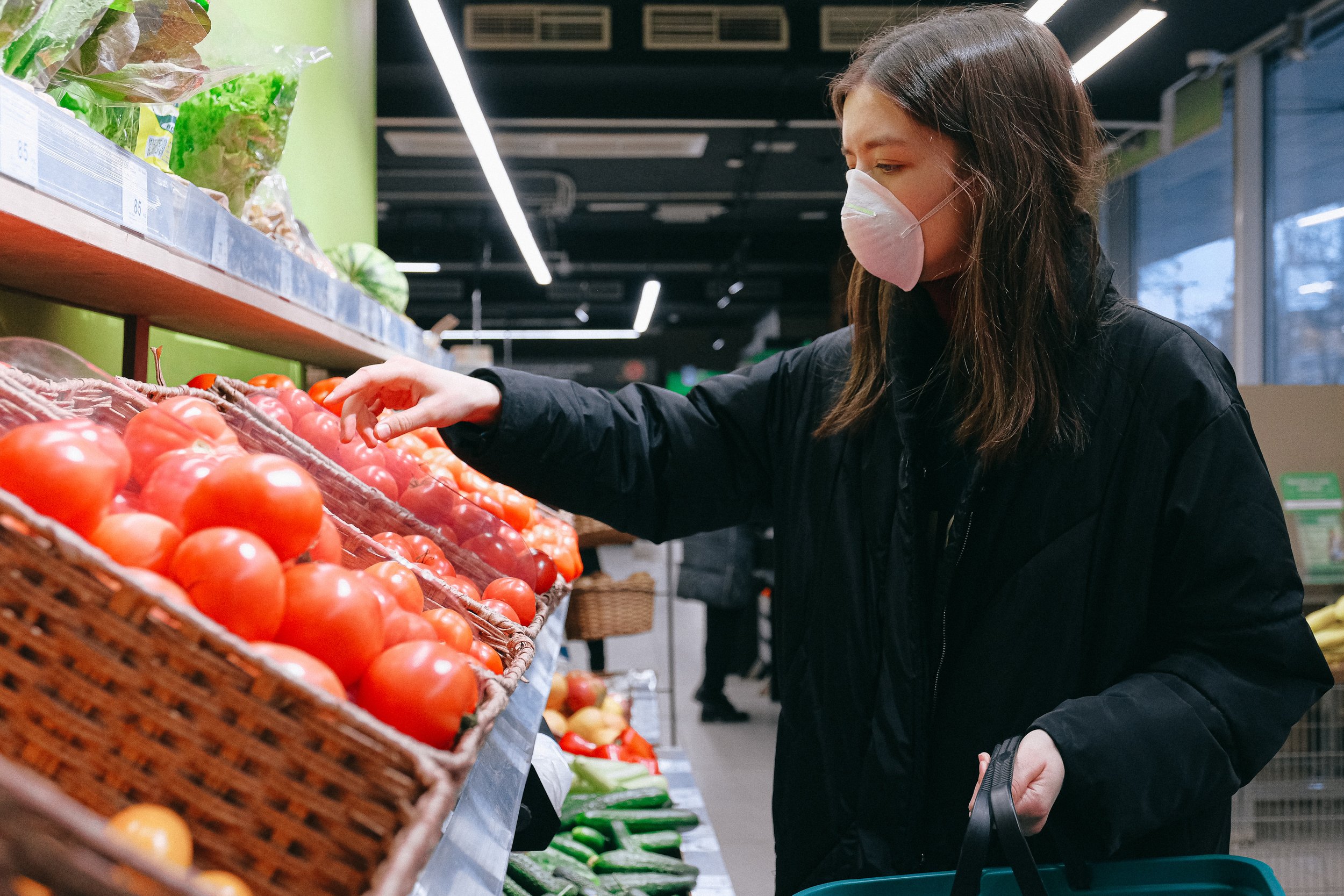
Hawaiʻi to restrict soda purchases under SNAP in 2026; local groups oppose
Instead, increasing incentives for fruits and vegetables does a better job of promoting healthy eating and reducing purchases of sugar-sweetened beverages among SNAP participants.
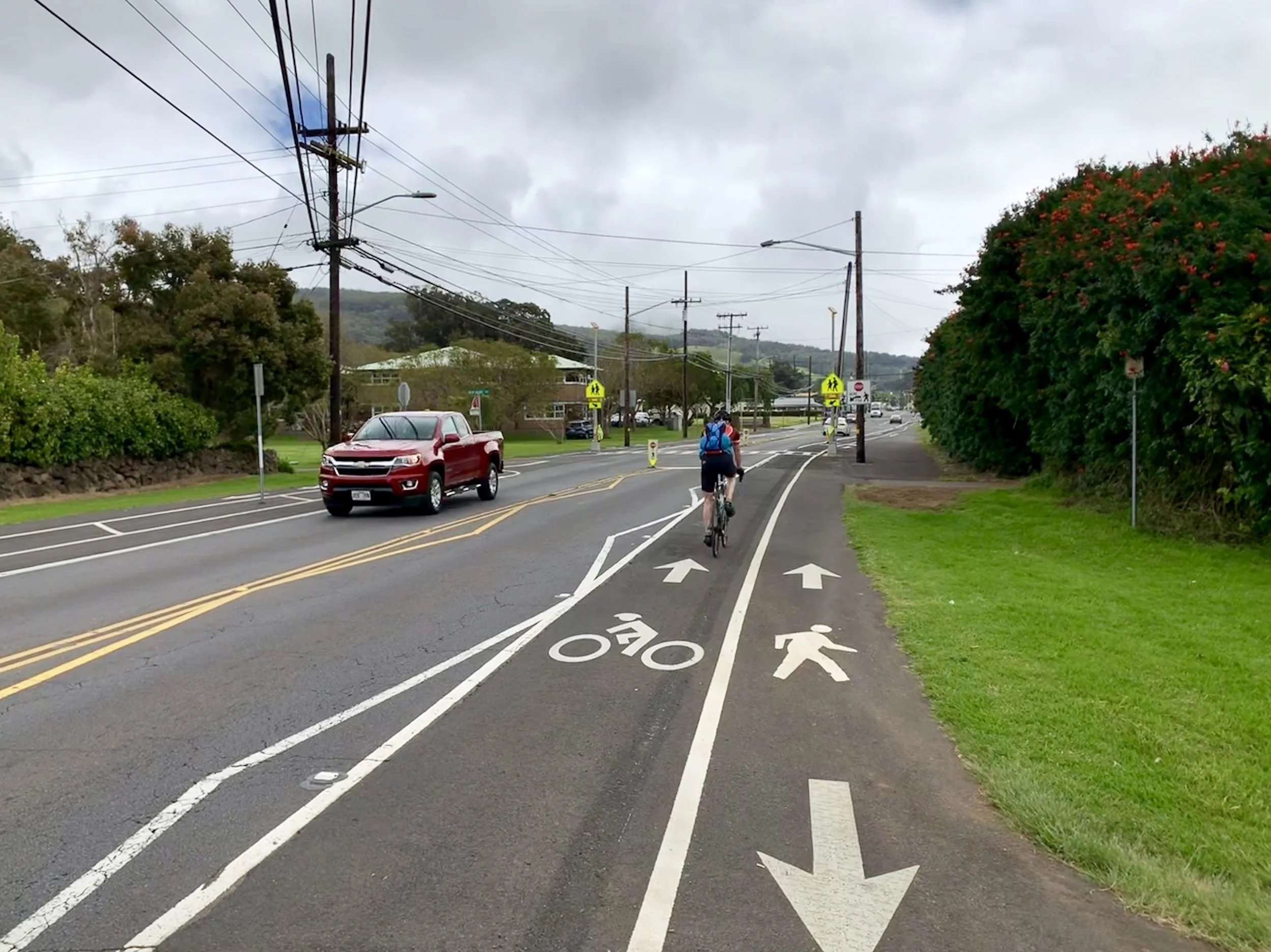
On right path with bikeways, walkways
Reducing vehicle travel can improve air quality, cut greenhouse gas emissions, reduce traffic congestion and enhance public safety.
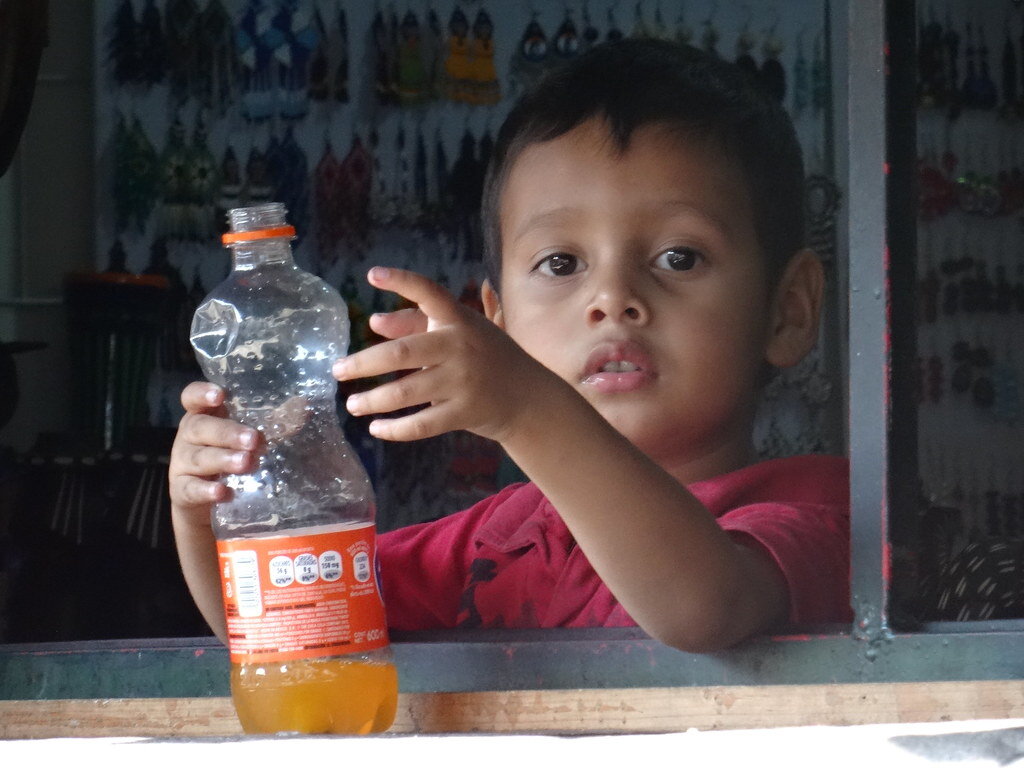
Pandemic fuels spike in childhood obesity in Hawaiʻi
Nearly one in six children between the ages of 10 and 17 are obese in Hawaiʻi, marking a significant increase from four years ago and fueling concerns about the impact that COVID-19 restrictions and school closures have had on the health of the state’s youth.

Fundraising campaign kicks off next week to help fight child hunger
An annual fundraising campaign kicks off next week to help fight child hunger and expand participation in free breakfast programs at public schools.
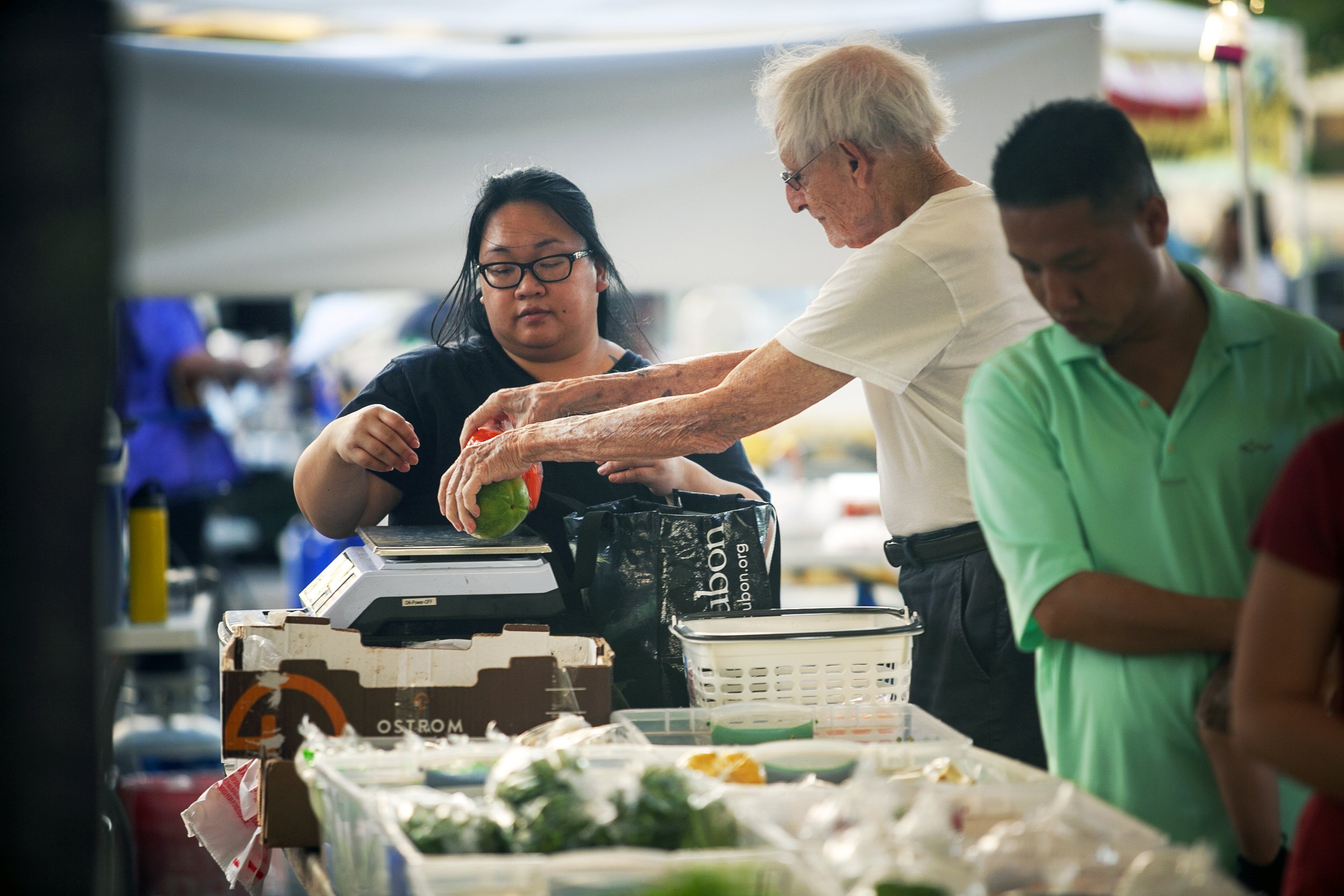
Bill would expand DA BUX food program
The measure is intended to provide low-income people easier access to healthier food choices and to help local farmers and ranchers.

Sugary drink taxes can dismantle systemic inequities by giving back to communities
When funds are reinvested back into the most impacted communities, these taxes help prevent future harm, and give people from those communities a better shot at succeeding and thriving.
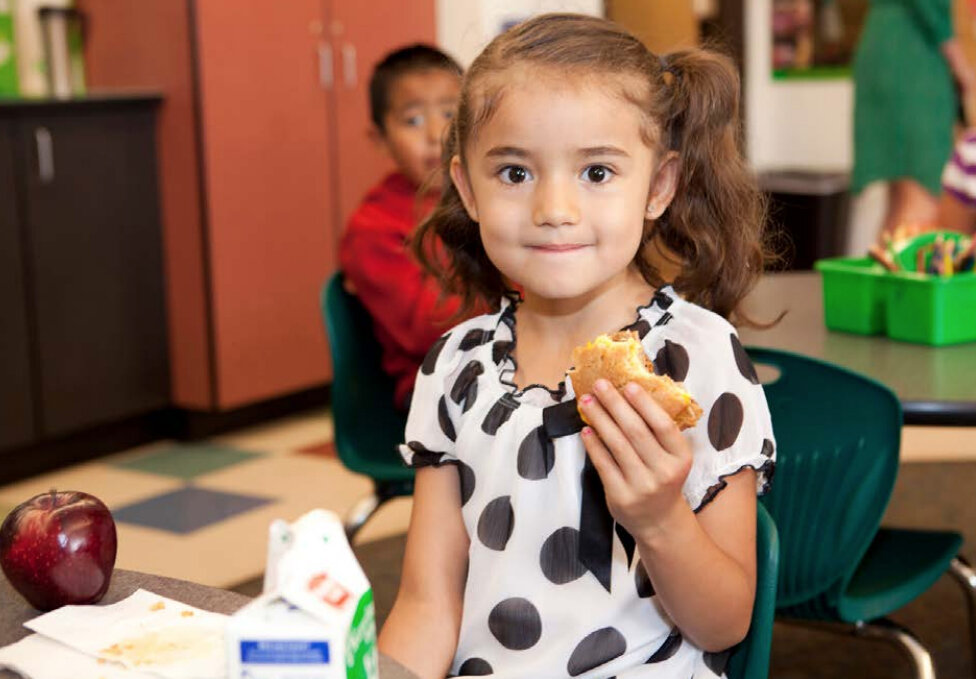
Hawaiʻi ranks 50th in low-income children participating in national school breakfast program
Some 25,559 low-income Hawaiʻi children participated in the School Breakfast Program during the 2019–2020 school year—or about 40 percent of those eligible.

Program allows donations for grab-and-go meals
All through September, customers visiting Safeway stores in Hawaiʻi can donate to the annual Nourishing Neighbors fundraiser to support anti-hunger initiatives.
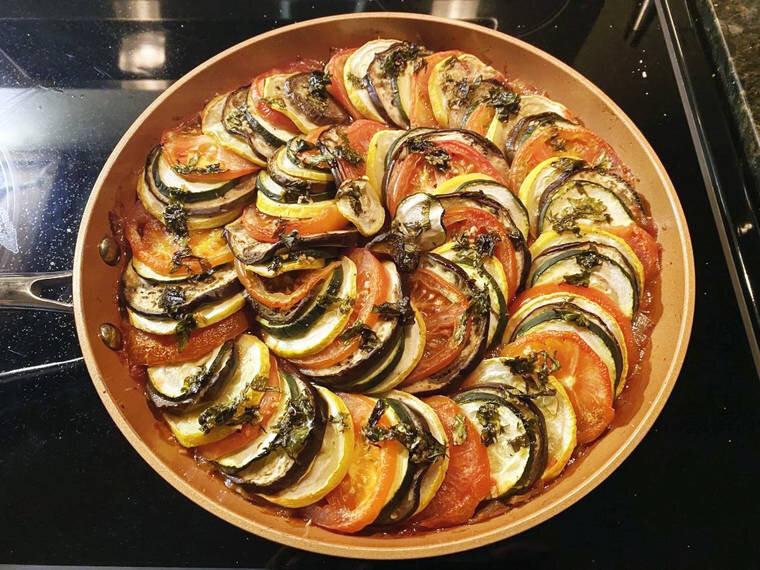
Three students show ‘Whatchu Eatin’ in art contest
Photo entries displayed a wide range of food experiences among Hawai‘i’s youth, including growing food in gardens, learning to cook for the first time, and exploring cultural heritage through food.

State must help provide food security
This may be a once-in-a-lifetime chance to pivot toward the kind of food system we want for Hawaiʻi’s future.
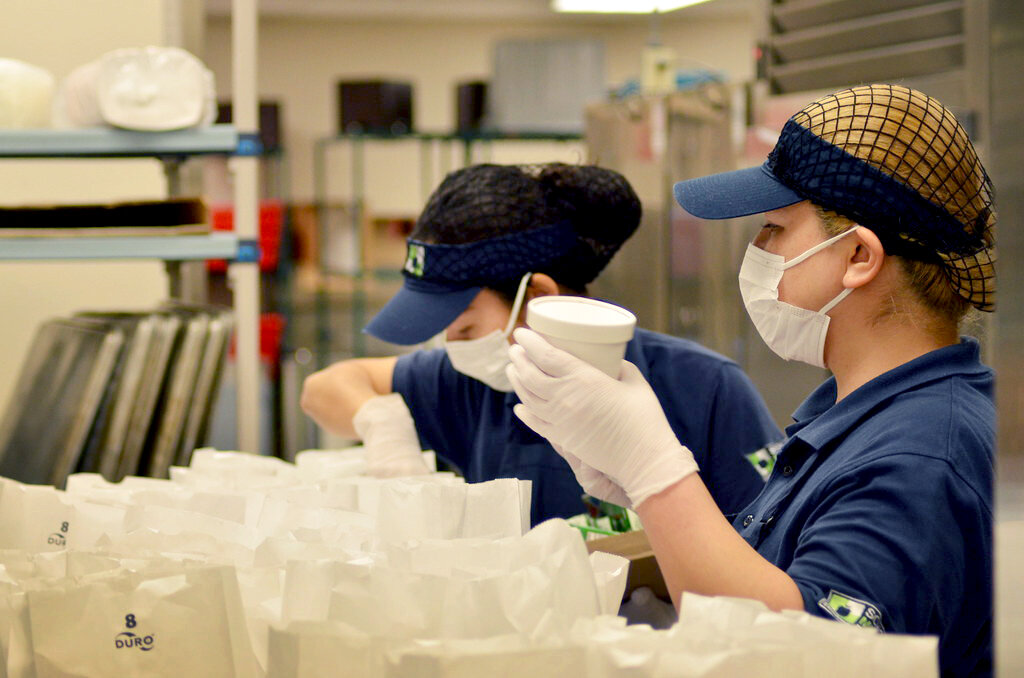
New sponsors sought as free meals for Hawaiʻi kids drop for summer
Community programs are supplementing the Grab-and-Go program but they too are lagging behind last summer’s participation and may not be enough to meet demand.

DOE closing some food sites, advocates concerned that community help may not be enough
Nicole Woo, senior policy analyst with Hawaiʻi Appleseed, worries that other community groups may not be around this summer to pick up the slack.
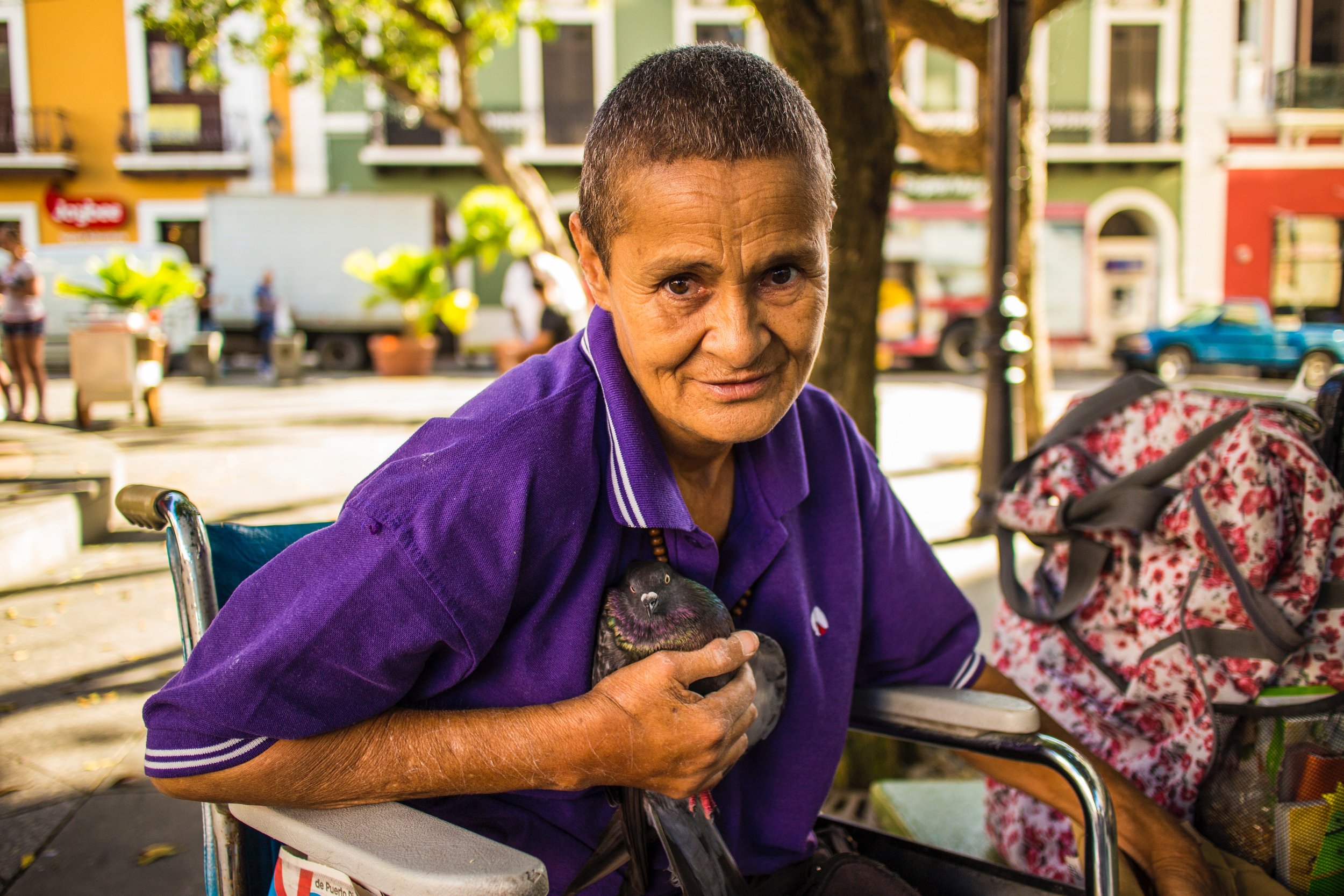
Strengthening Hawaiʻi’s food systems: keeping kupuna fed
Disaster preparedness experts have worried for years about Hawaiʻi’s food security. The COVID-19 disruption has made kūpuna particularly at risk for hunger.

Hawaiʻi’s food insecurity an urgent problem
Lawmakers and others should be taking a hard look at short-term fixes as well as long-term solutions for food insecurity.

Hawaiʻi updates: senior hunger and isolation concerns emerging
Many seniors face food challenges from mobility issues to dietary restrictions. And there’s another factor that’s increased in recent months: social isolation.

Nonprofits from Waiʻanae to Kaneʻohe offer more free meals for keiki
The meals for children are to replace breakfasts and lunches they normally would receive if public schools were in session and not closed due to the coronavirus pandemic.
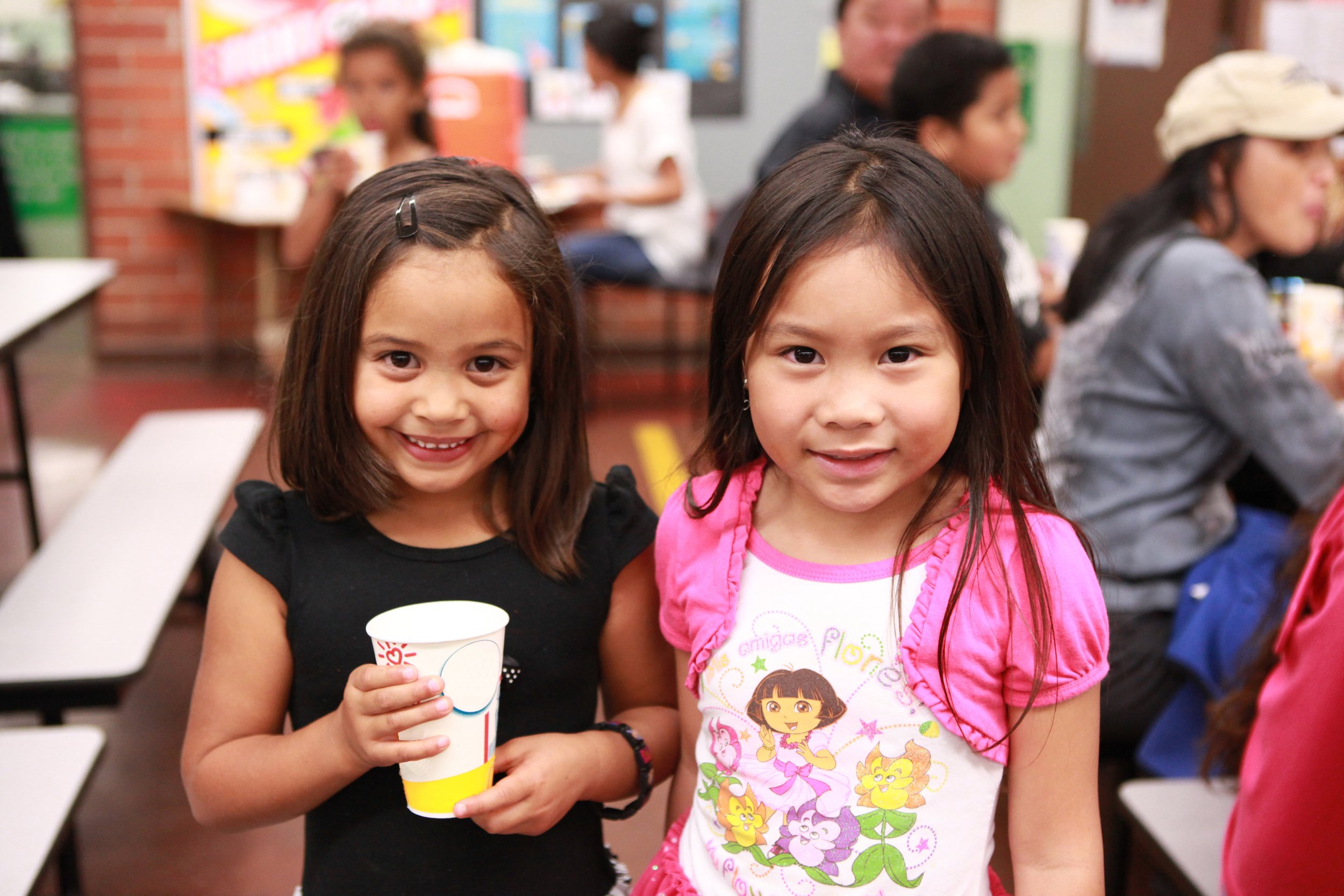
Every keiki needs a (healthy) breakfast
It's up to all of us to ensure that our keiki have the nutrition they need to be academically successful and healthy.
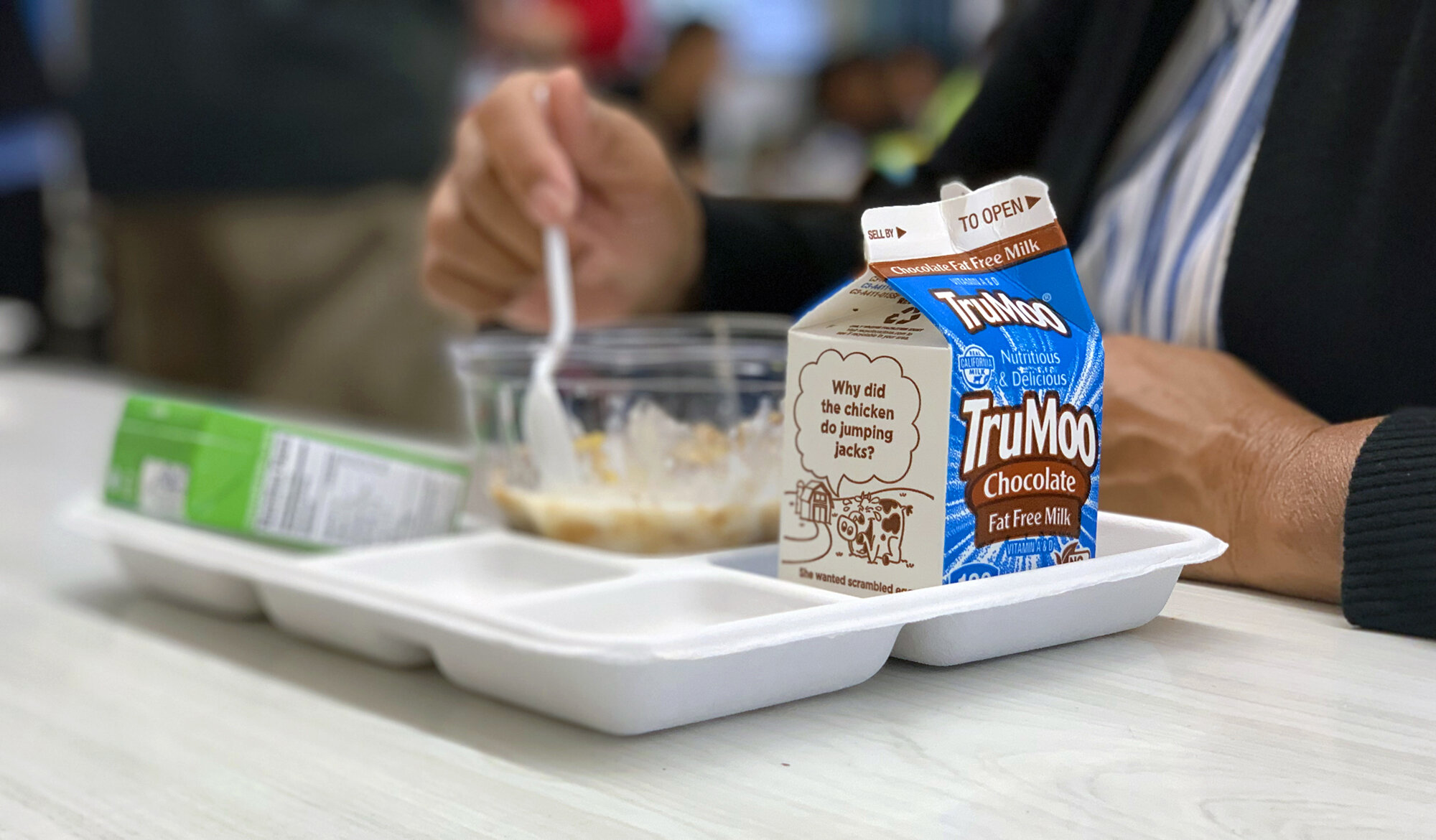
Hawaiʻi home to lowest school breakfast participation in U.S.
Fewer than 40 low-income children in Hawaiʻi ate school breakfast for every 100 that received free or reduced-price school lunch last school year.
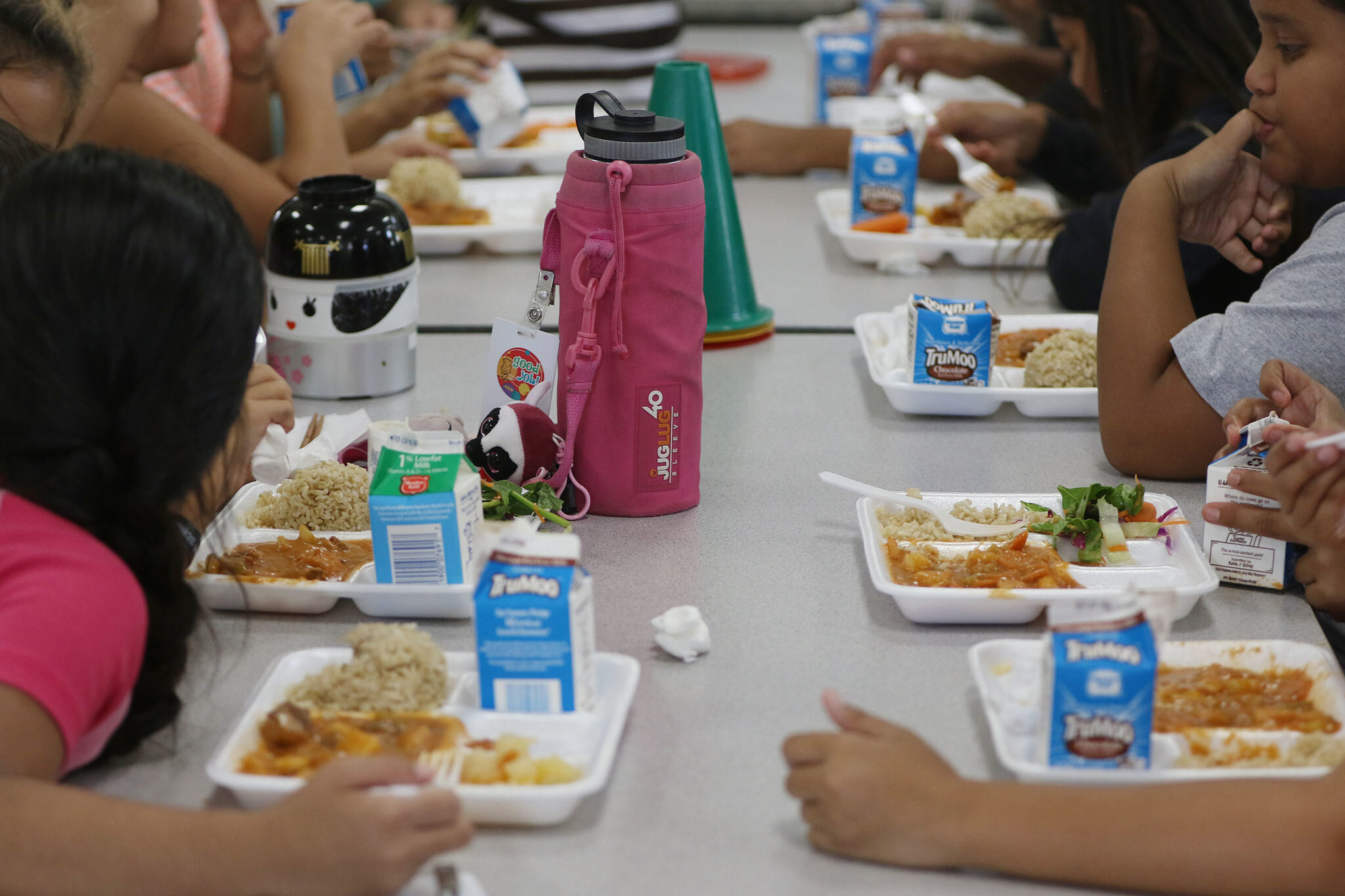
Let’s not roll back on Hawaiʻi schools’ healthy lunch strides
We need to stand up to the Trump Administration’s misguided attempts to weaken nutrition standards.
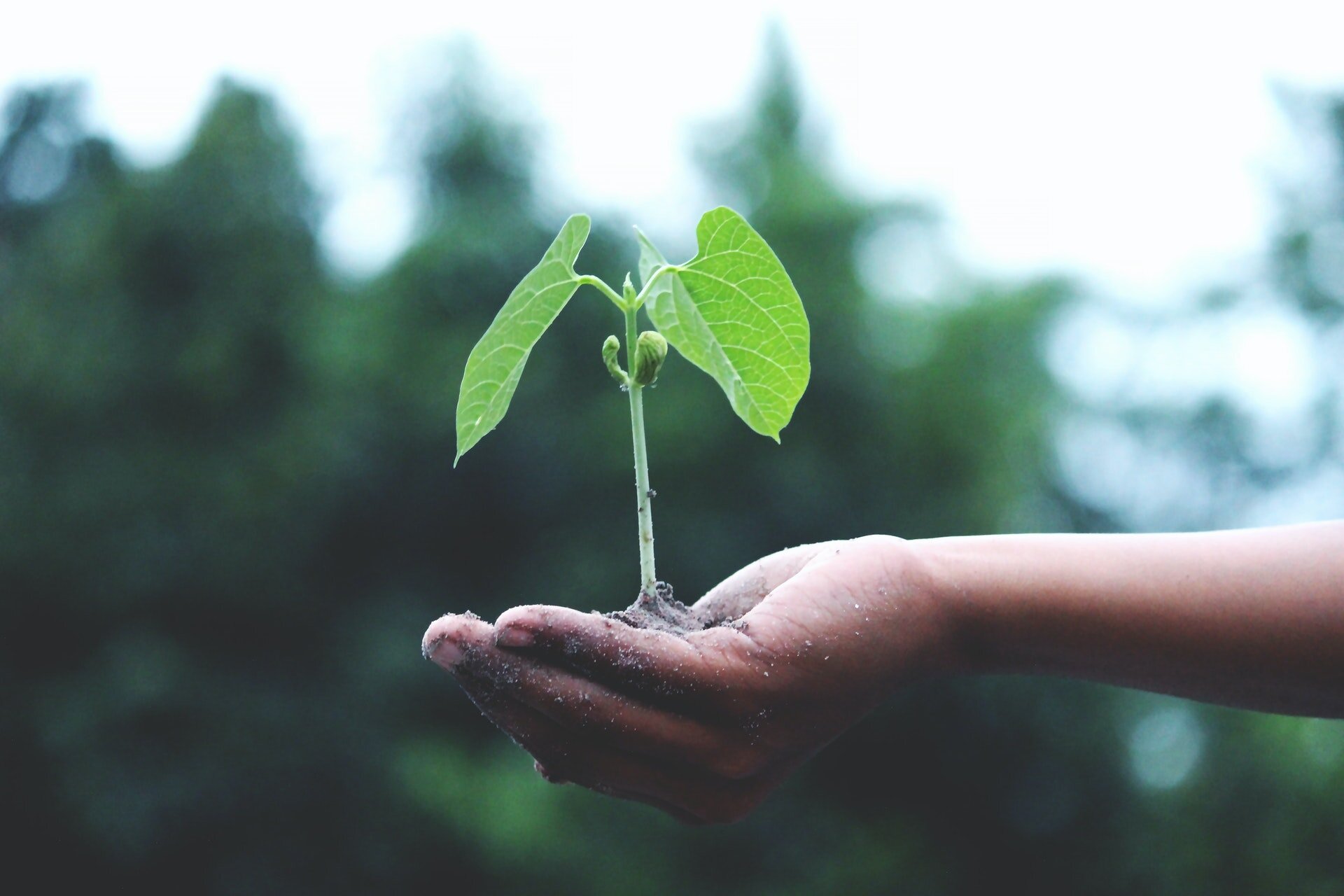
Name in the news: Daniela Spoto, Hawaiʻi Appleseed’s anti-hunger director
In a just-released report, the nonprofit’s assessment of the problem is illustrated with three pillars: access to resources, health and nutrition, and community resilience.
